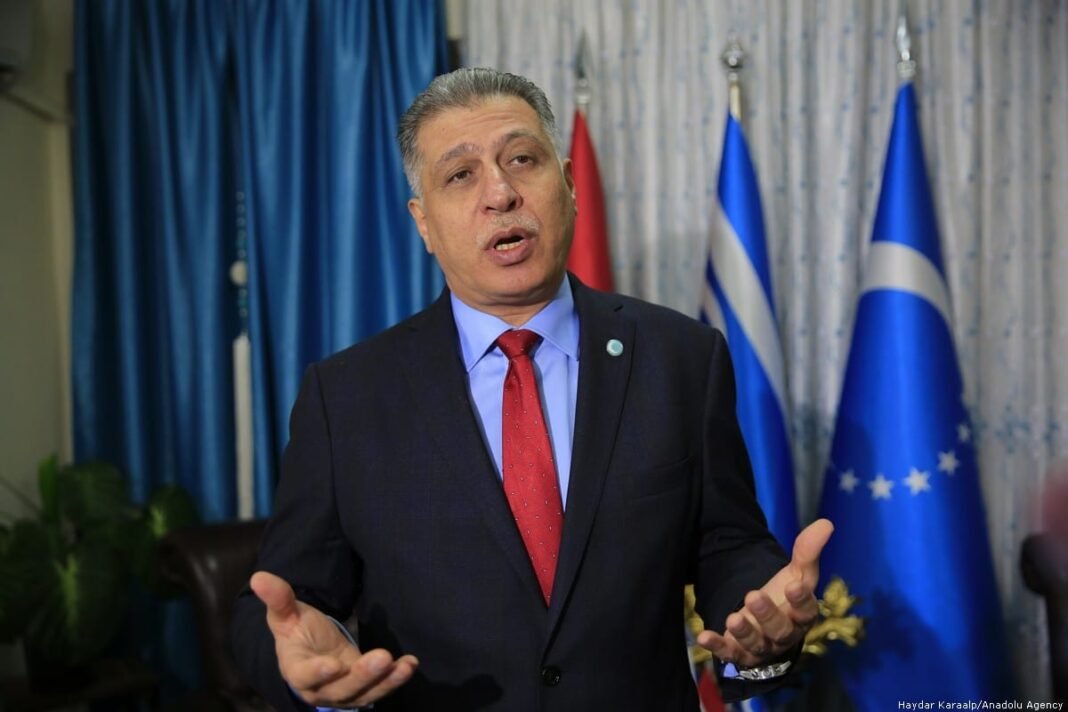Iraq trade dispute in focus as a Turkmen lawmaker urged Baghdad and Erbil to end restrictions on goods. These limits affect trade between the Kurdistan Region and federal Iraq. Arshad al-Salihi, a parliament member from Kirkuk, warned the new rules could soon empty markets in Kirkuk and Mosul.
In a video message, Salihi criticized the political conflict. He called on both sides to protect ordinary citizens from its effects. “Traders across Iraq in general, and traders of Kirkuk and Mosul in part, are caught in the crosshairs of the dispute,” he said. “Please sideline the ordinary citizen from your conflicts… enough disputes!”.
The new federal restrictions, introduced in mid-April, require all trucks from the Kurdistan Region to carry QR-coded customs seals. These trucks must stay sealed and deliver goods within 72 hours between Duhok and Mosul. This rule comes from Maysam Bolani, head advisor at the Federation of Iraqi Chambers of Commerce.
The Central Bank of Iraq issued the directive, impacting goods imported through the Kurdistan Region’s border crossings with Turkey and Iran. Since April 15, trucks without approved transit permits can no longer deliver shipments beyond the Kurdistan Region.
Salihi’s warning comes as business leaders and trade officials report growing problems. Salahuddin Ahmed, advisor to the Erbil Chamber of Commerce, said the regulations violate Article 24 of the Iraqi constitution. This article guarantees the free movement of goods across Iraq. Mustafa Sheikh Abdulrahman, from the Kurdistan Importers and Exporters Union, confirmed a sharp drop in warehouse inventories since the policy began.
The situation has worsened as the restrictions now affect even locally produced goods, according to an Erbil Chamber of Commerce official. Iraq trade dispute in focus reveals how policy shifts can disrupt markets, increase tension, and hurt ordinary people.
In conclusion, the pressure is mounting on Baghdad and Erbil to resolve the conflict. With markets at risk and traders struggling, business leaders and lawmakers demand urgent action.


